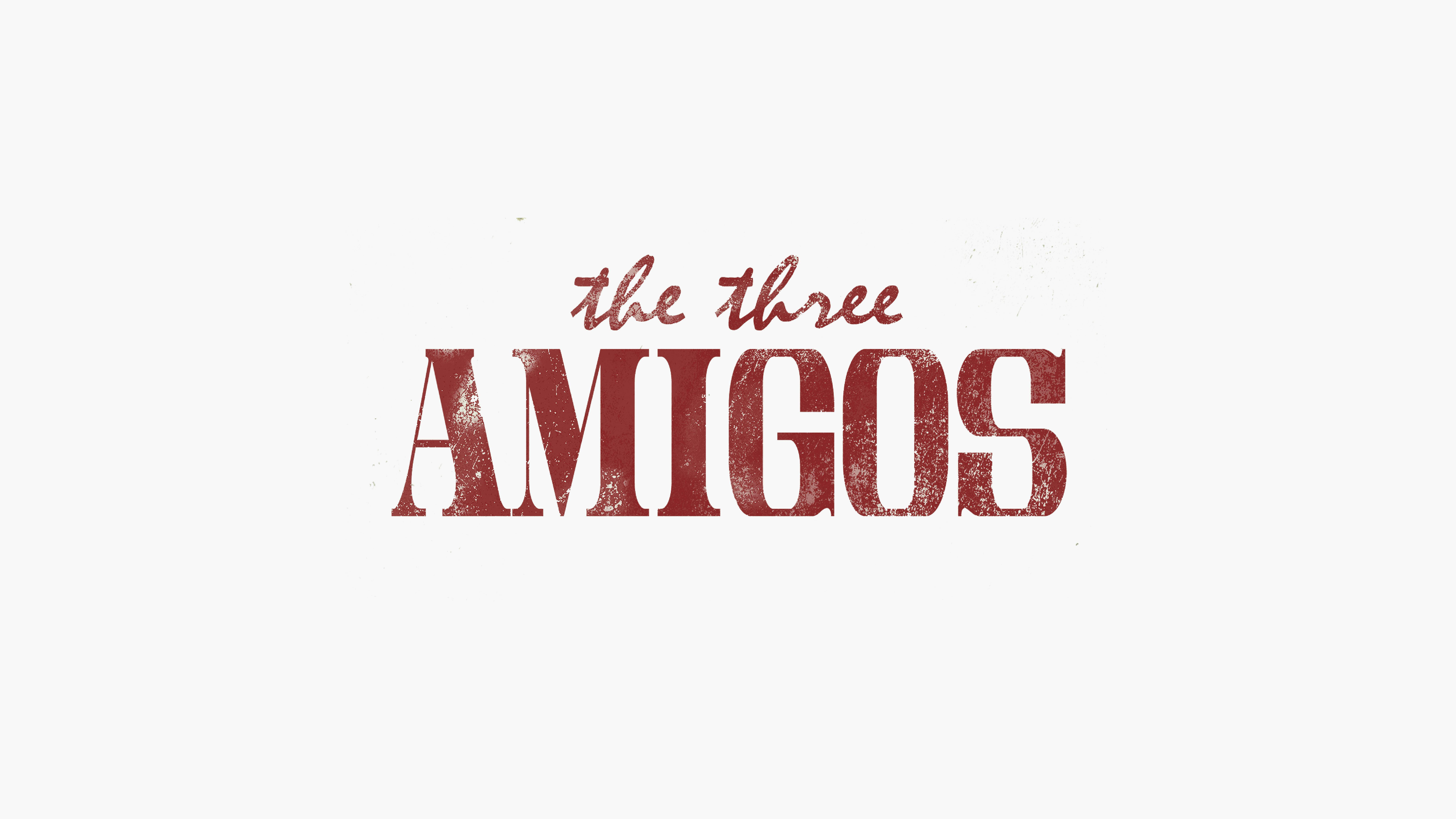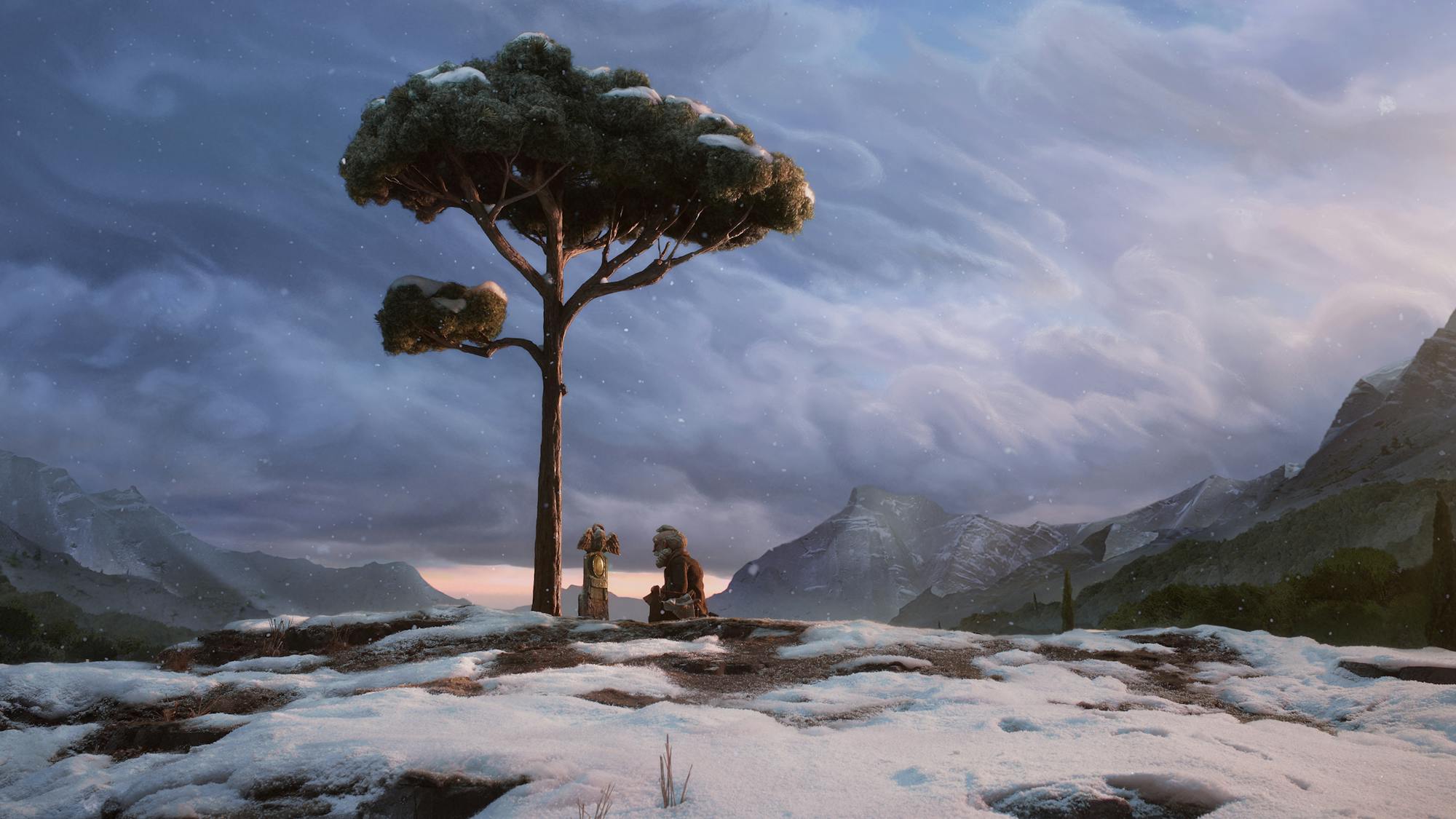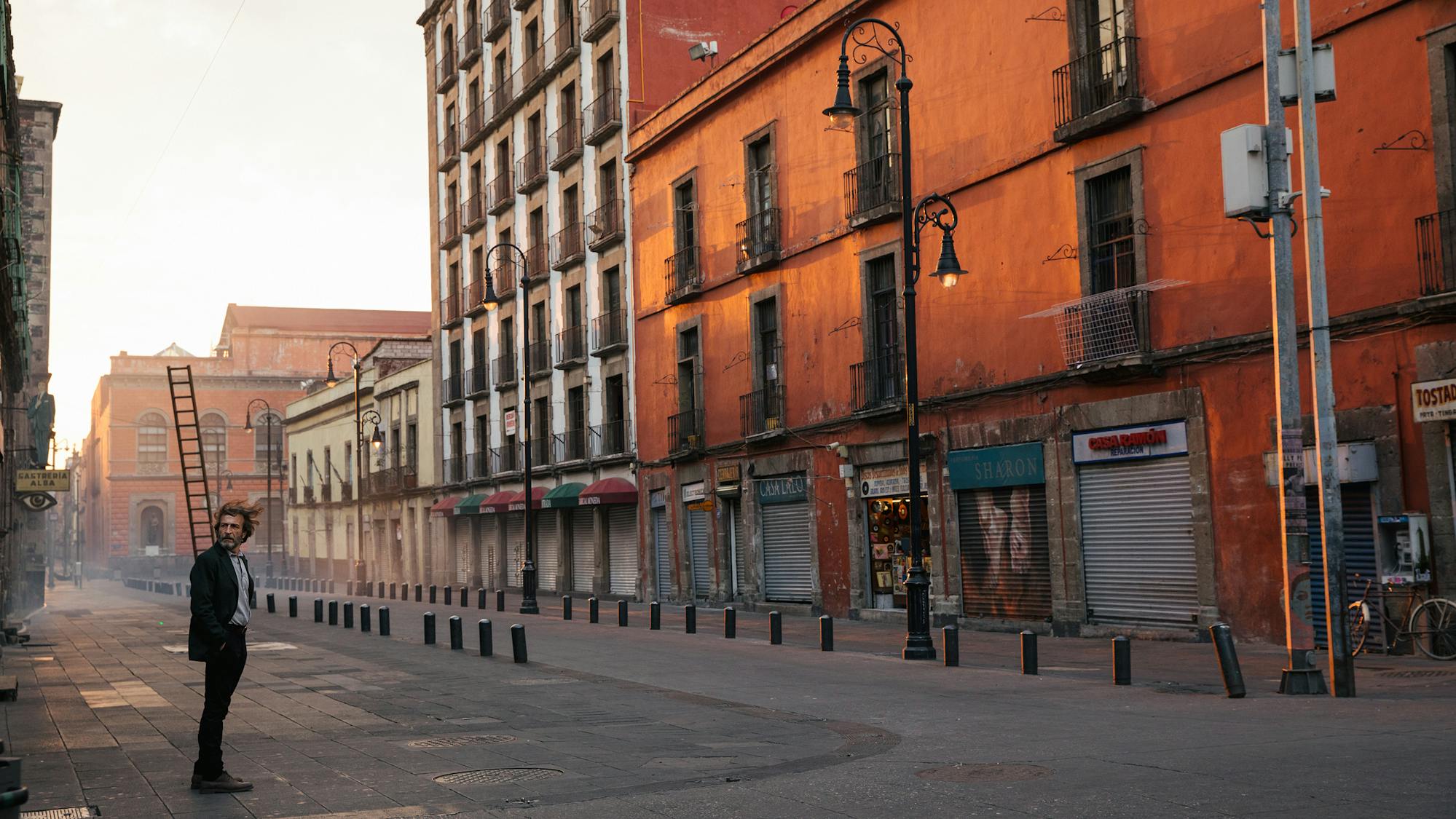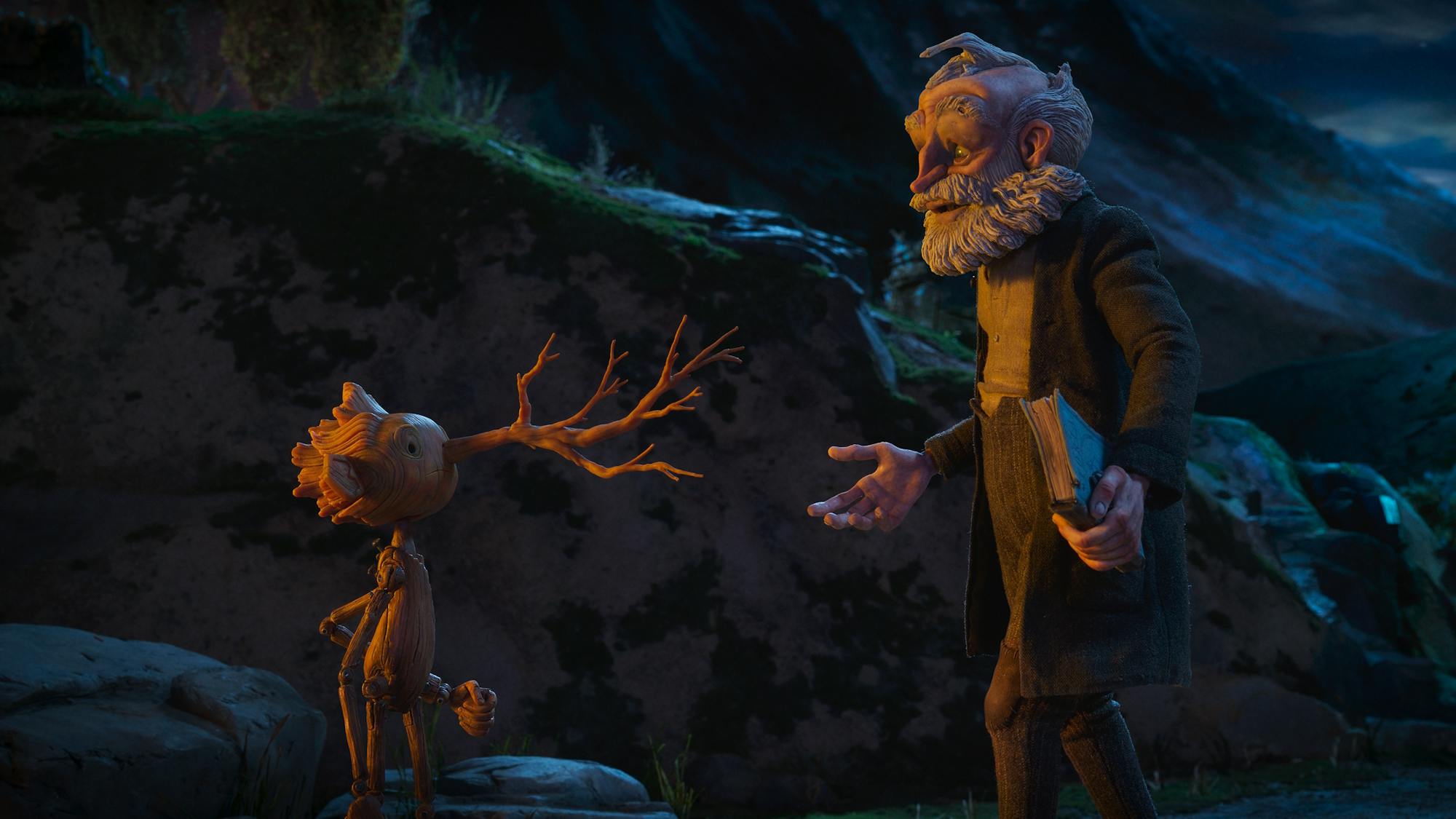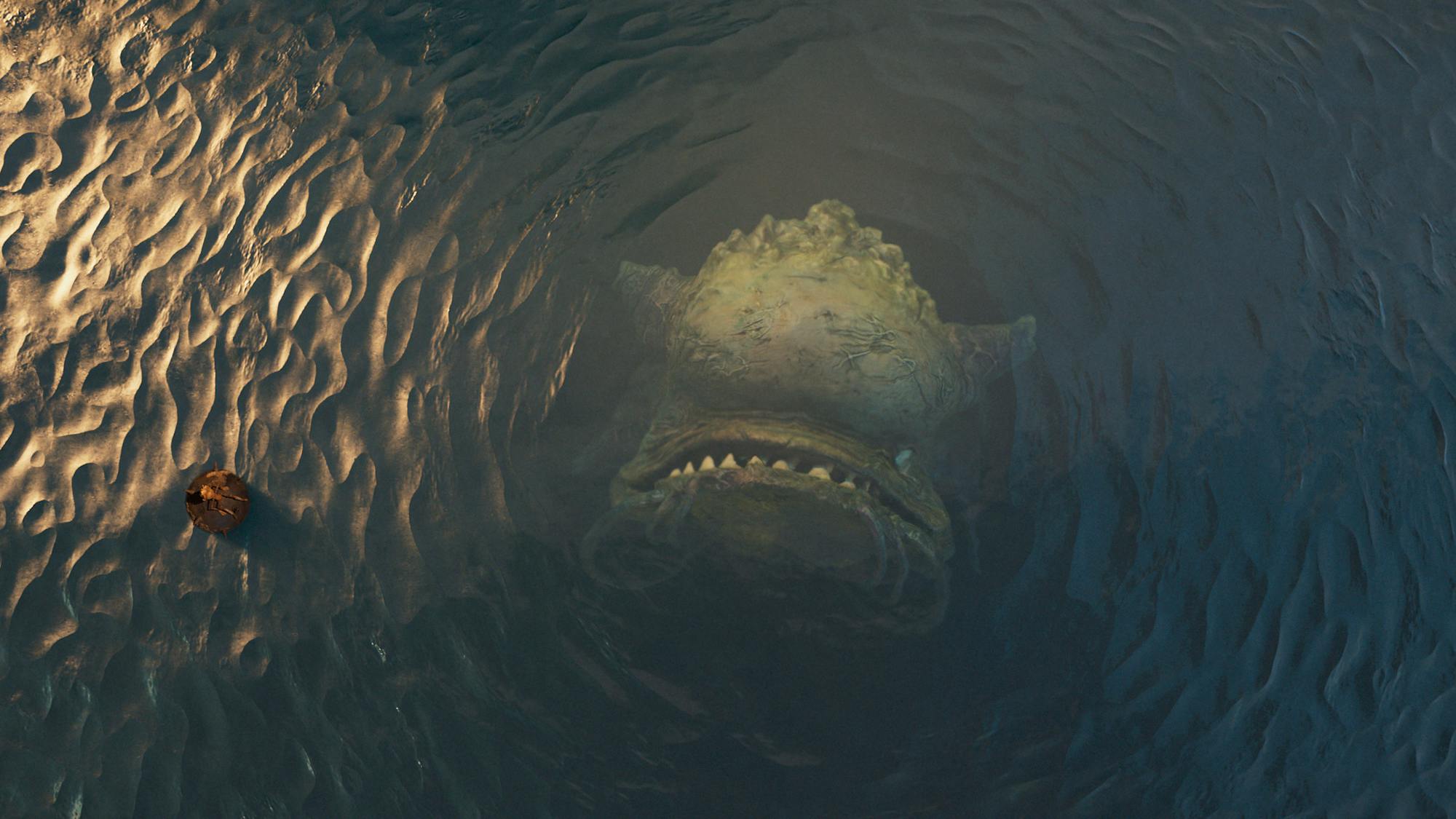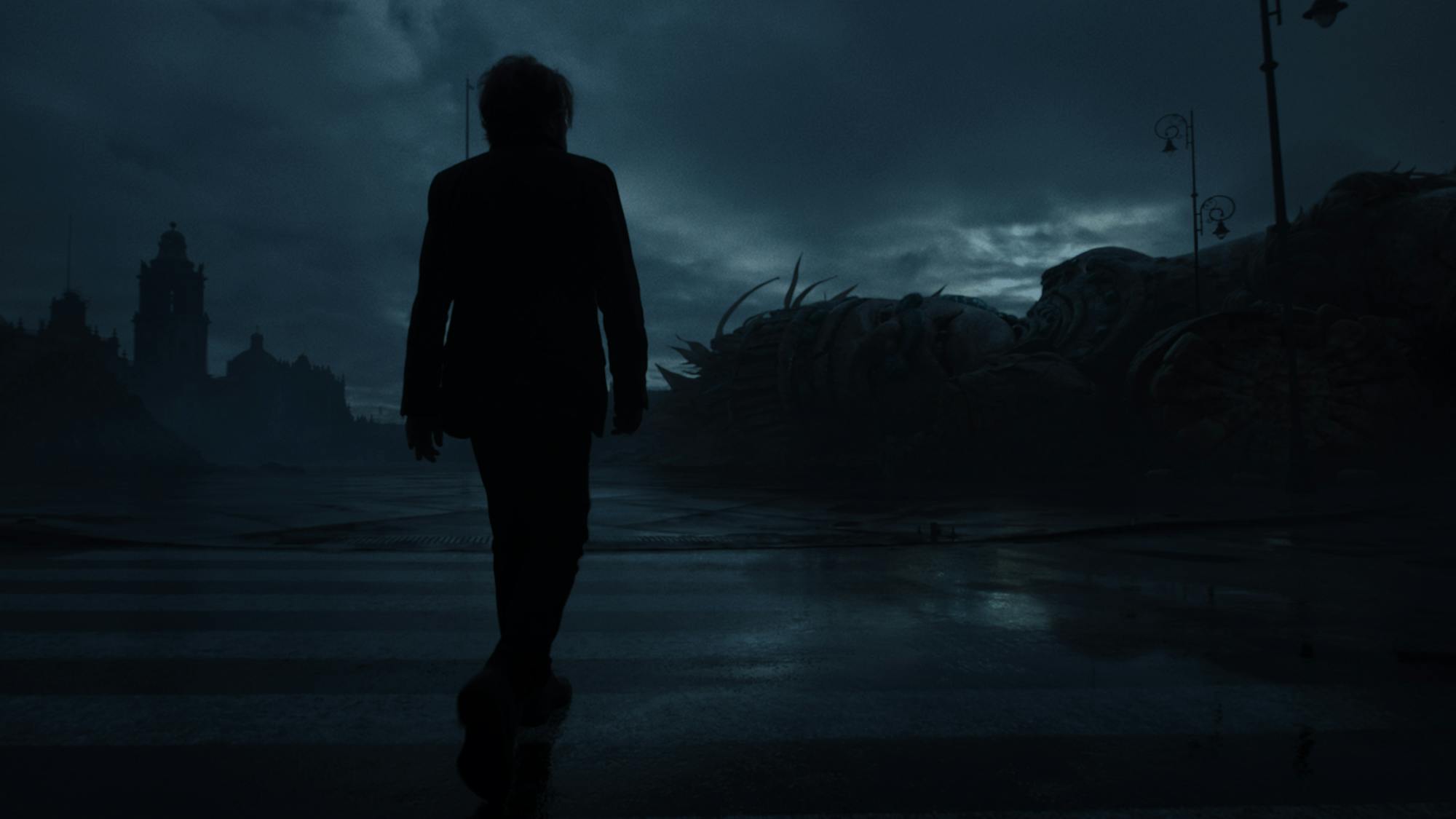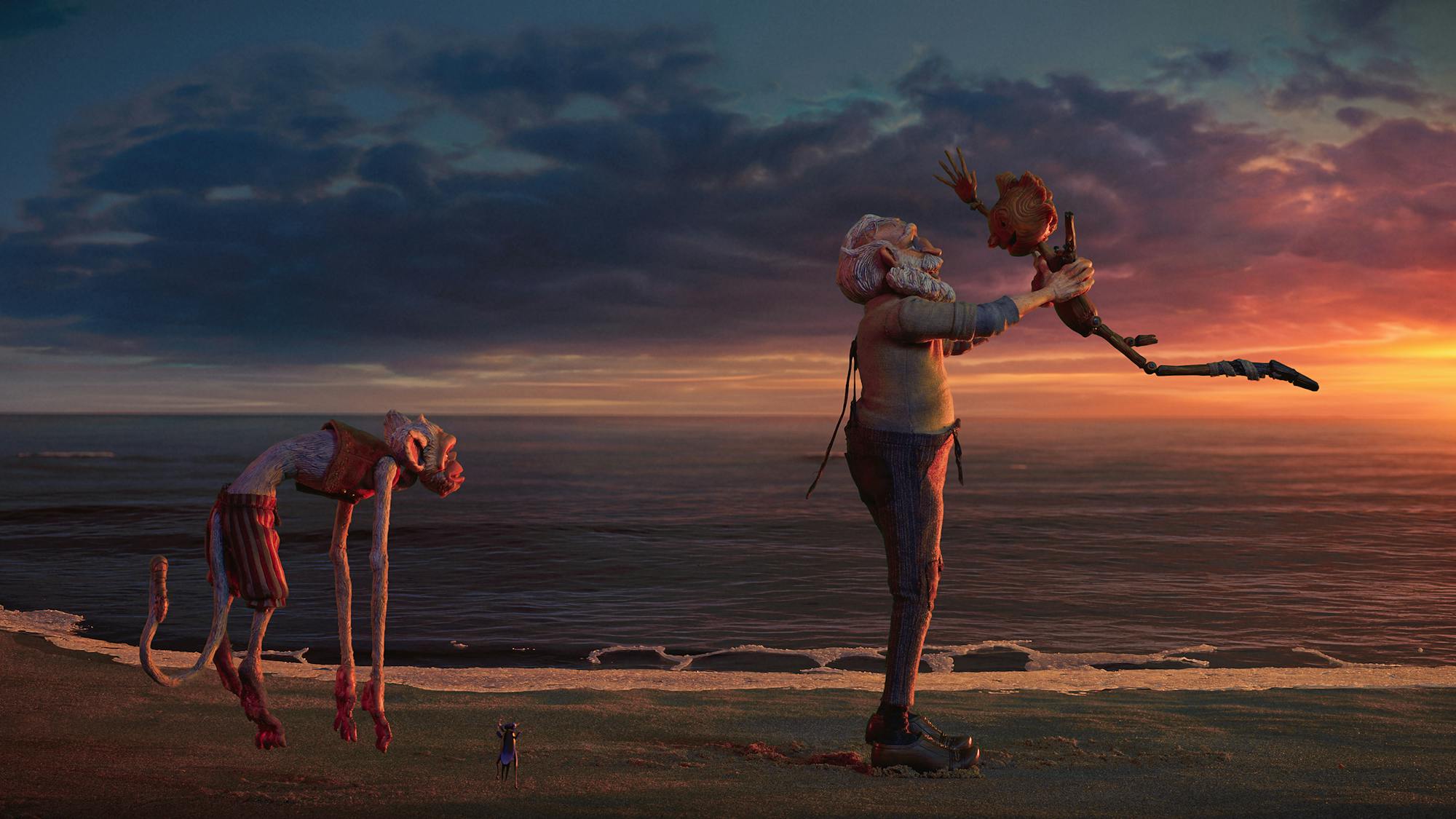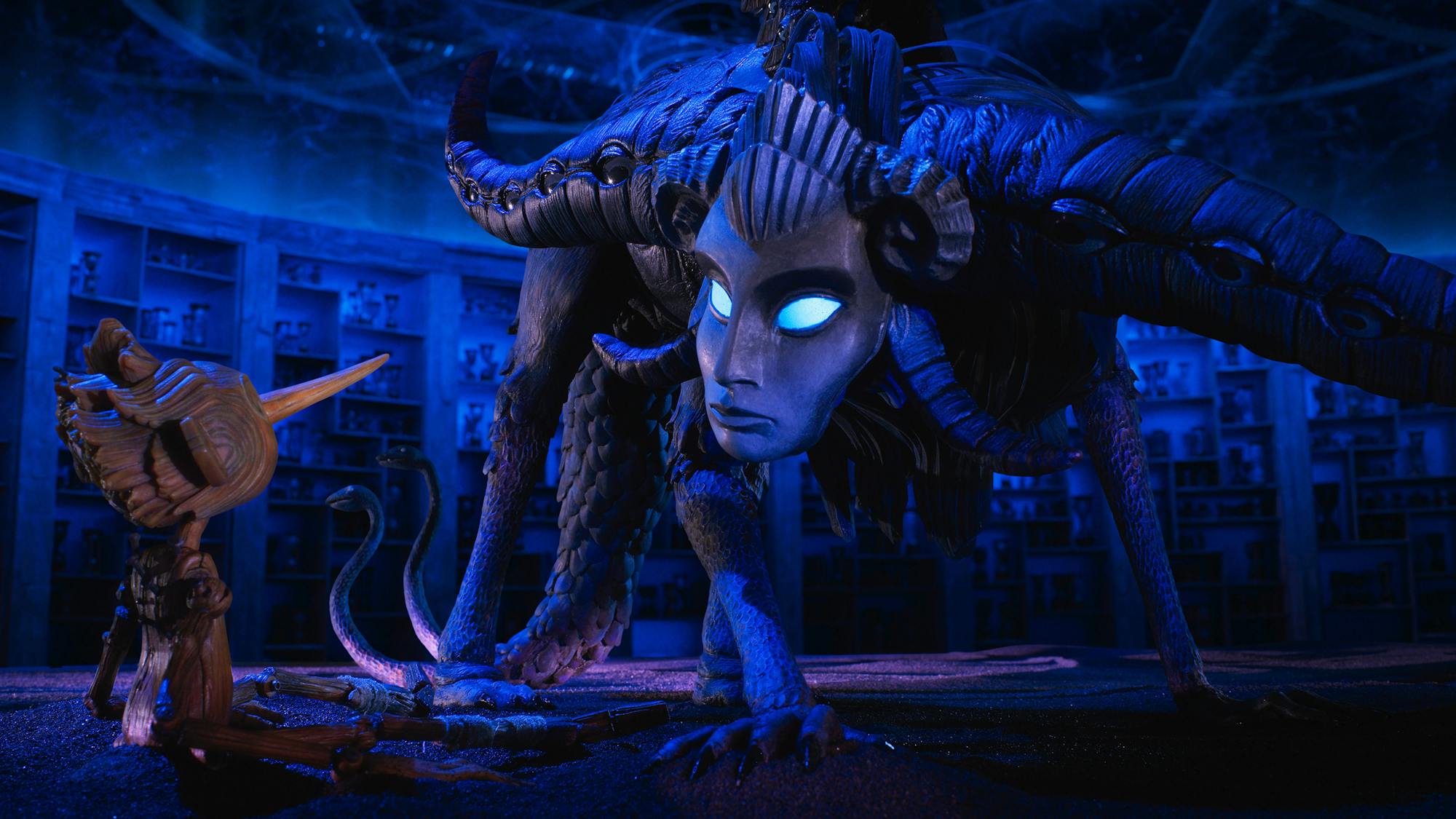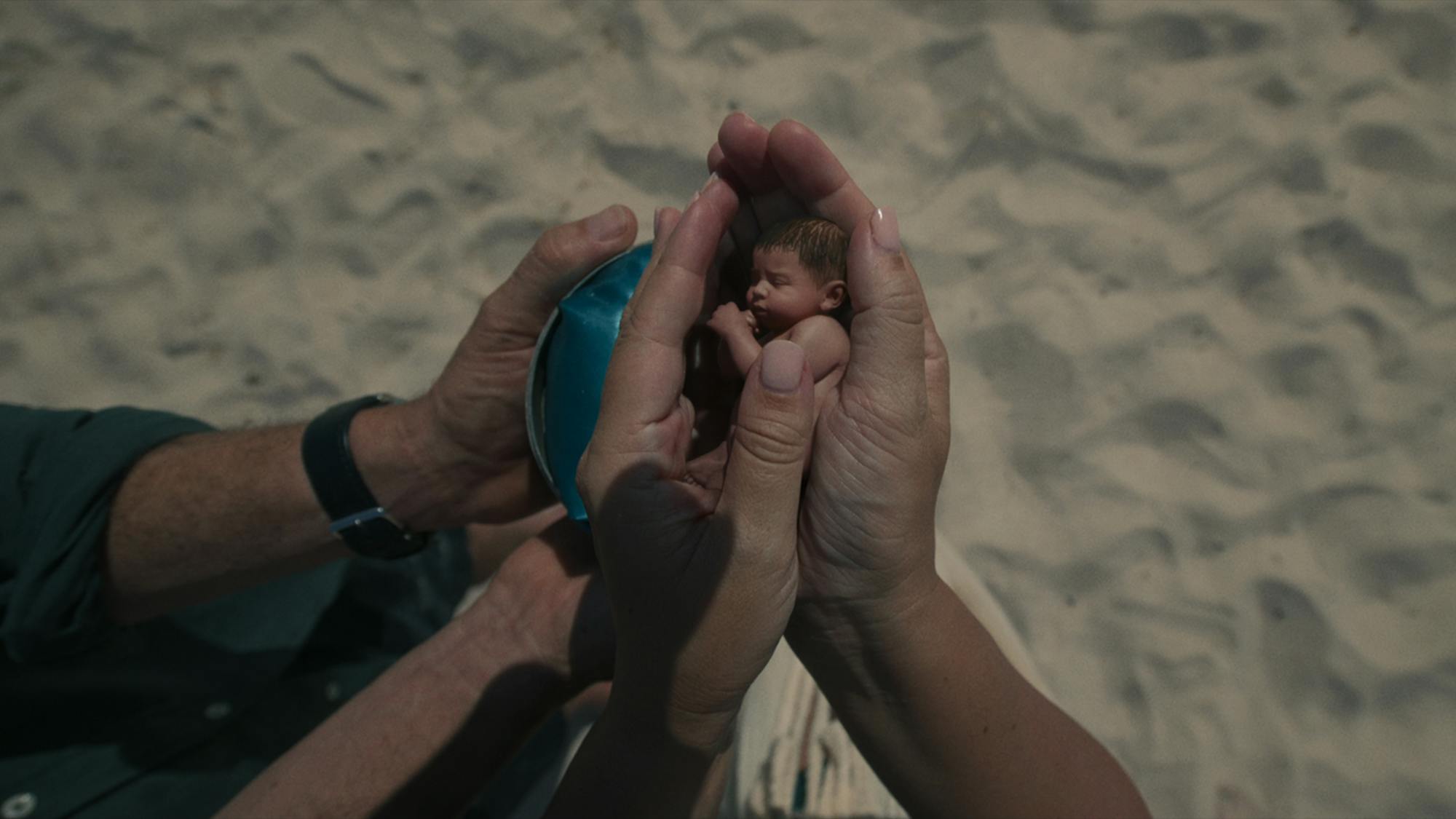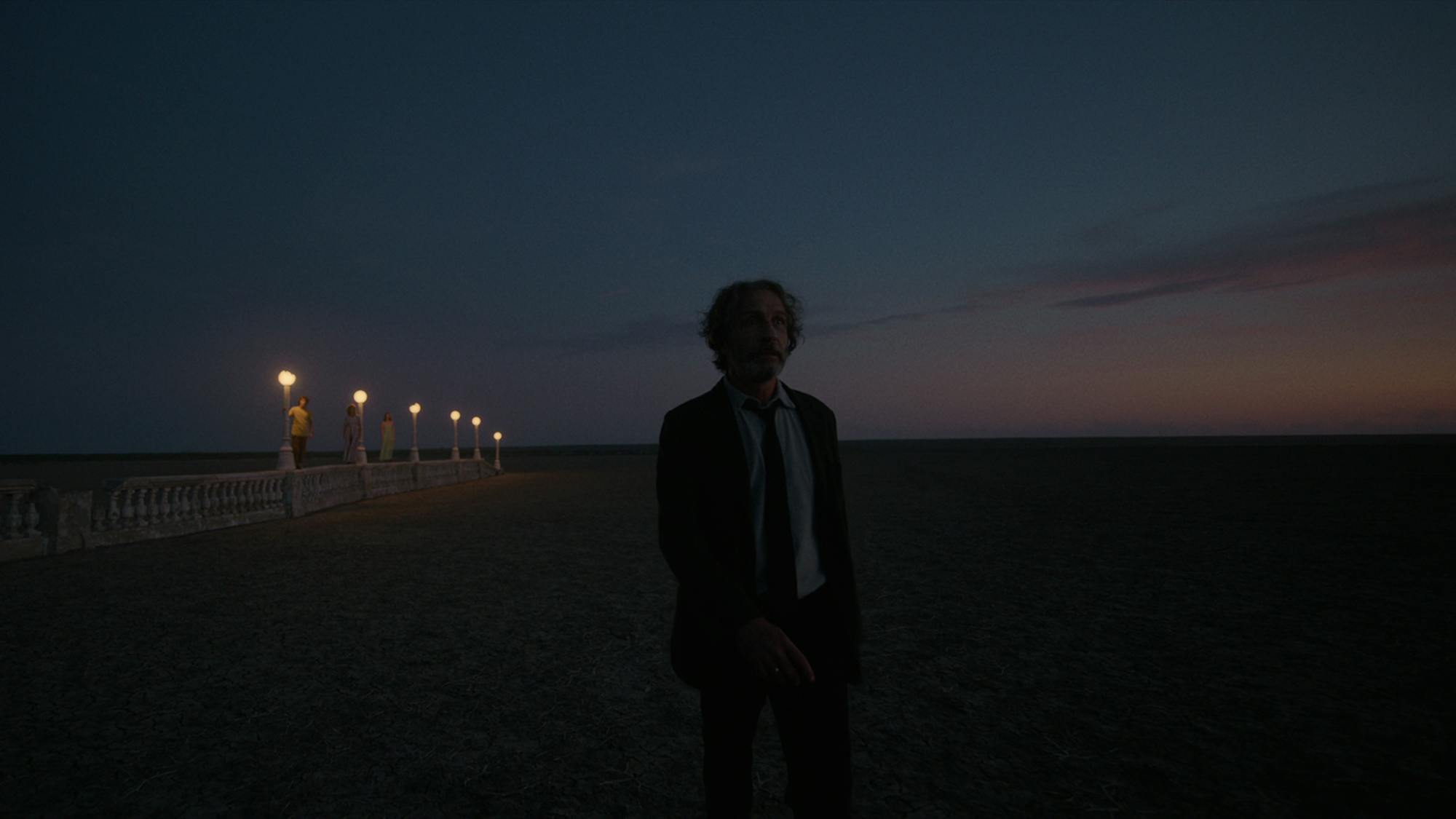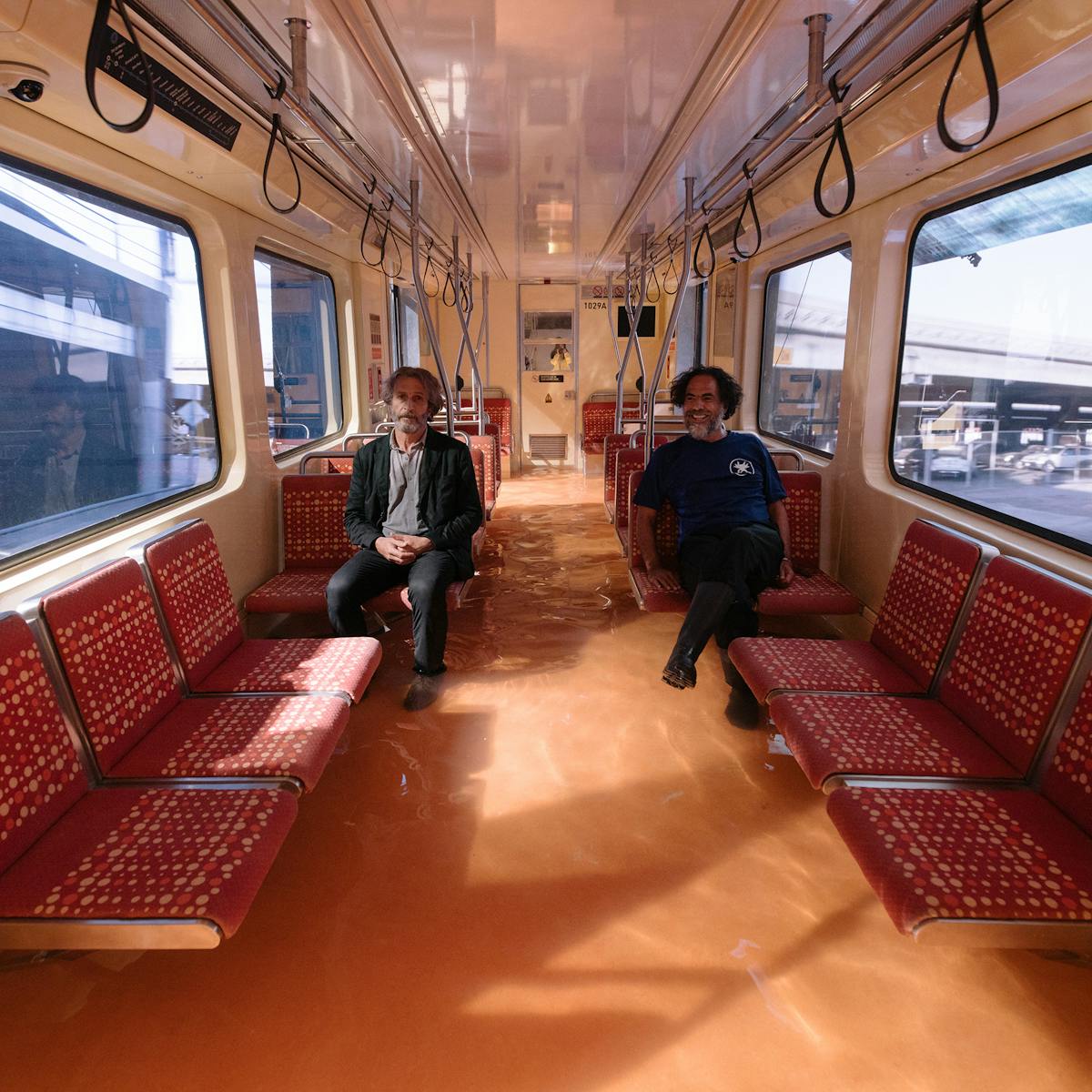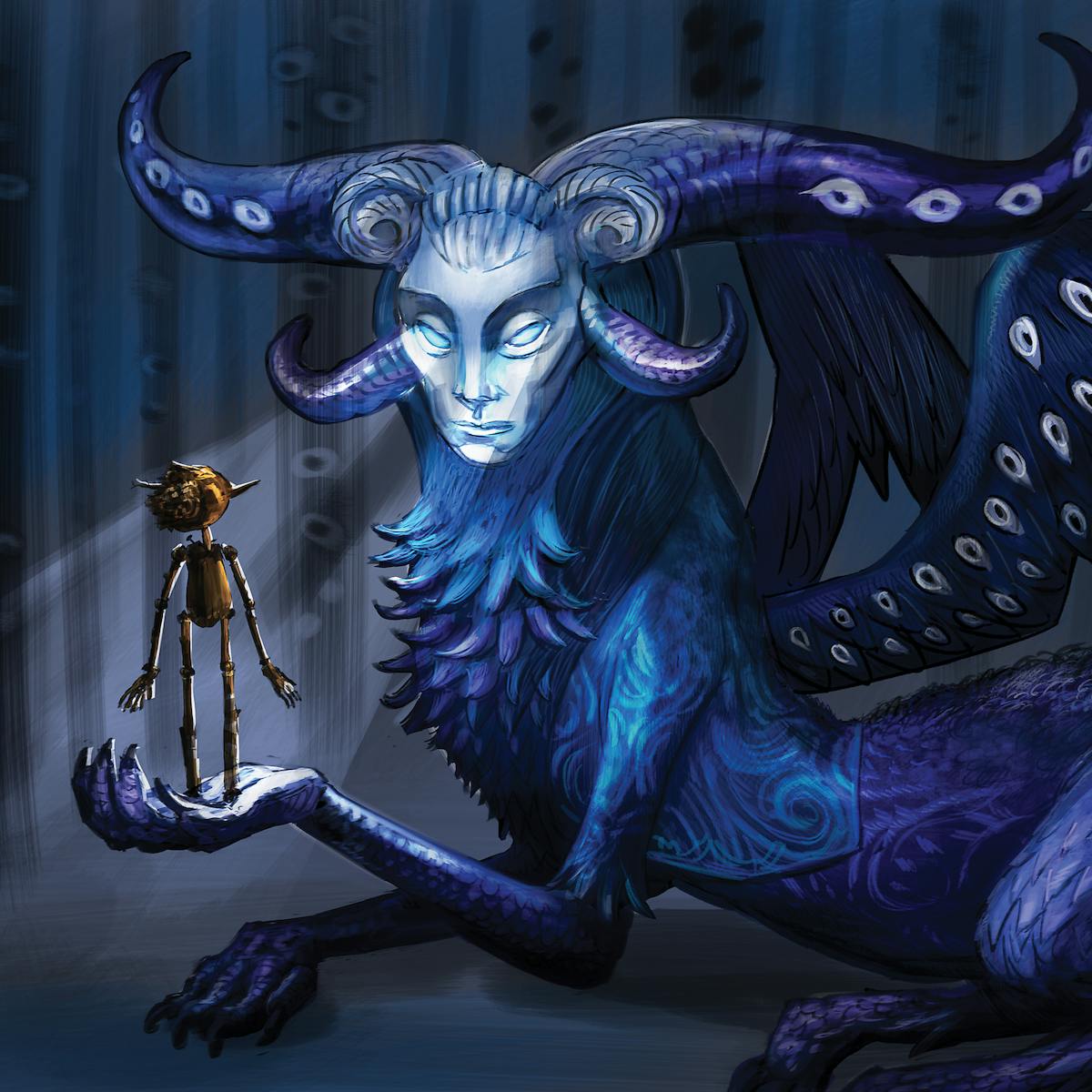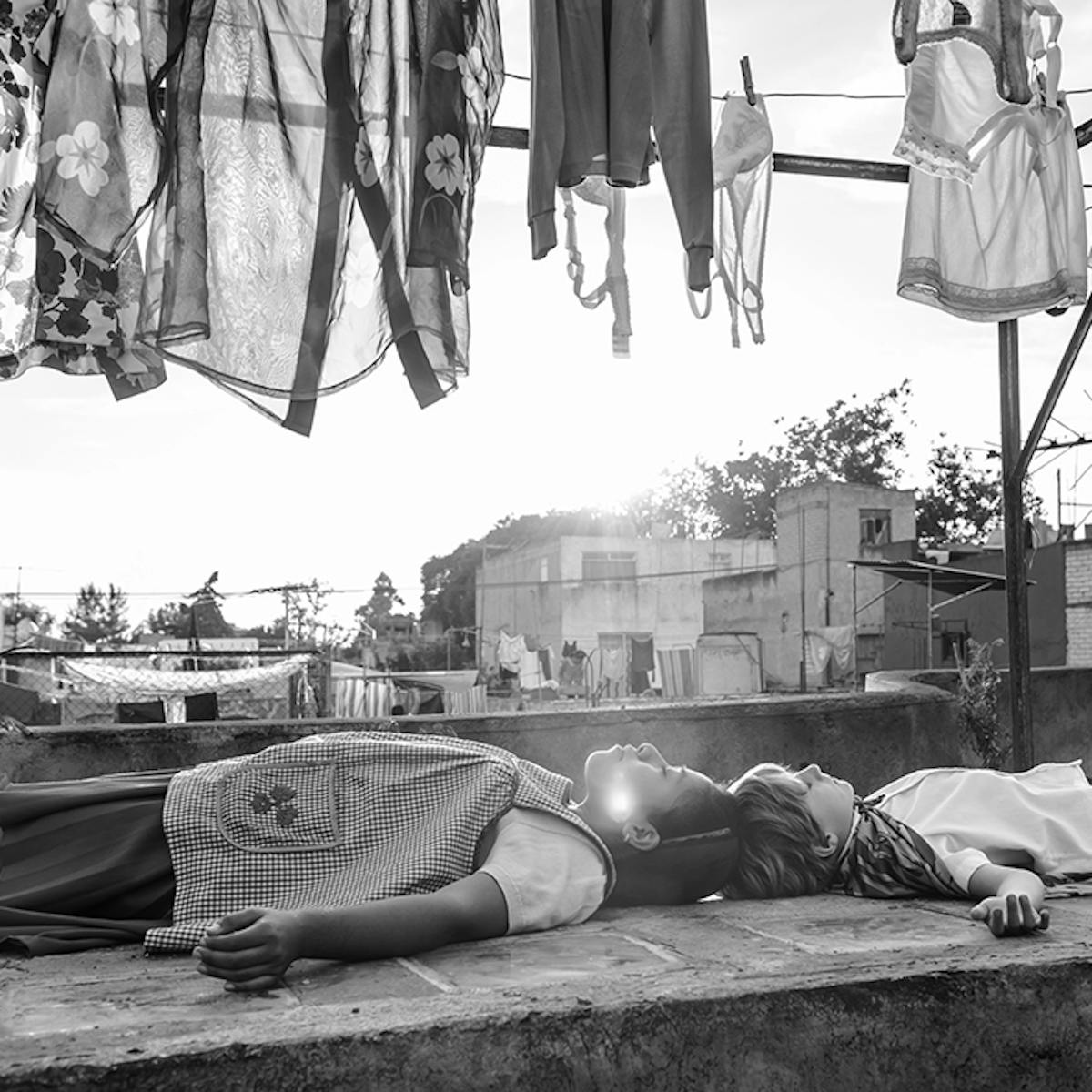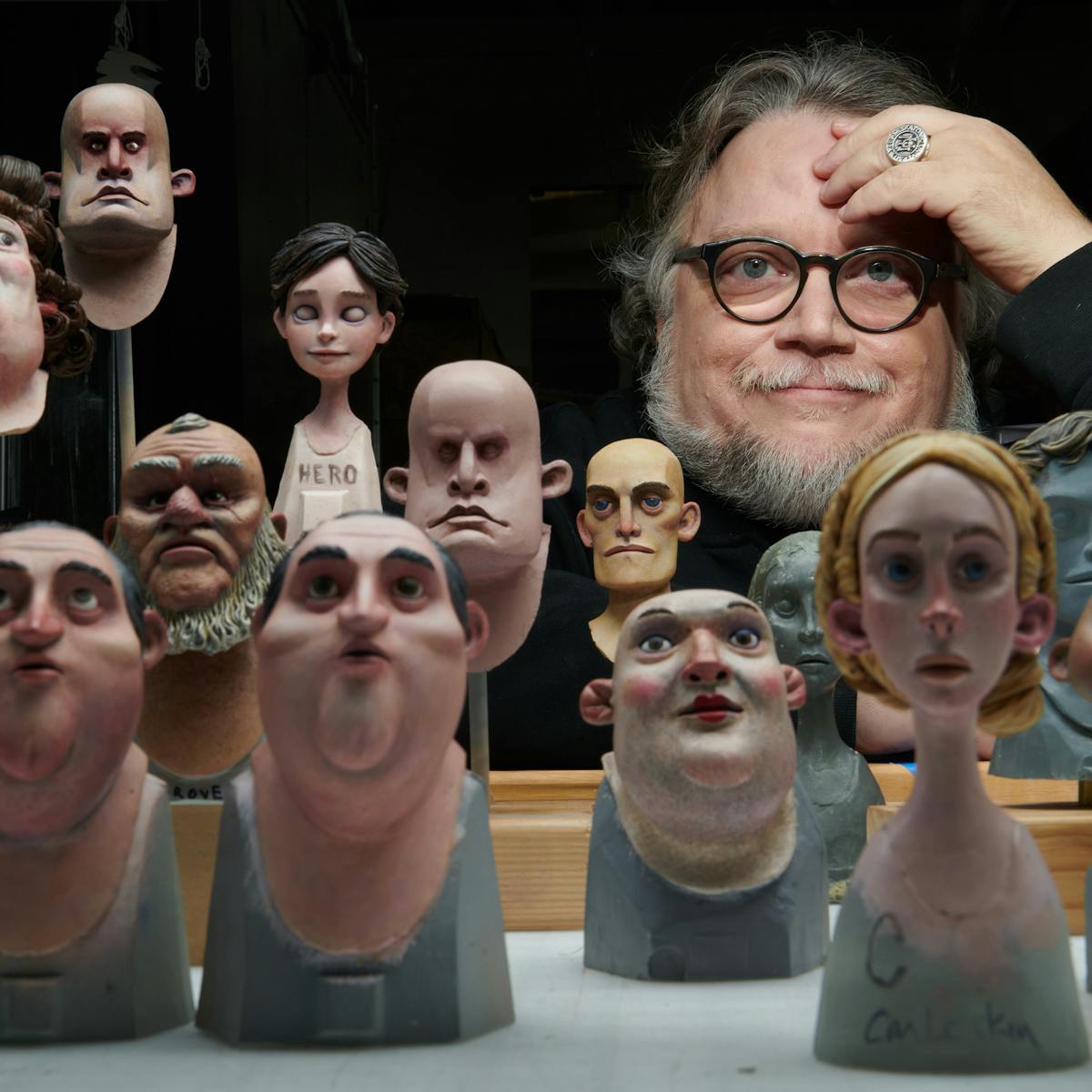The Three Amigos discuss the tyranny of nice, rejection as stimulant, and of course, Guillermo del Toro’s Pinocchio and BARDO, False Chronicle of a Handful of Truths.
It’s no secret that three of the most venerated and consistently versatile filmmakers working today — Oscar winners Guillermo del Toro, Alejandro González Iñárritu, and Alfonso Cuarón — also happen to be close friends who have supported one another’s artistic journeys for decades. Dubbed “the Three Amigos,” the Mexican-born writer-directors have left an indelible stamp on the cinema of the twenty-first century with startlingly inventive and emotionally moving tales that defy easy categorization. Collectively, their filmographies encompass a wide swathe of genres — from mainstream blockbusters to challenging arthouse fare — but the creative throughline that connects them all is a deep commitment to honest, impassioned storytelling, so much of which is rooted in personal experience. “For the three of us, one thing we have in common is that we don’t have a difference between filmography and biography,” del Toro says. “We make movies that reflect our lives, where we were in the beginning.”
The trio gathered recently for a wide-ranging conversation moderated by Cuarón (Children of Men, Gravity, Roma) during which del Toro and Iñárritu reflected on the themes embedded in all of their work, including their 2022 releases, Guillermo del Toro’s Pinocchio and BARDO, False Chronicle of a Handful of Truths. They also cast back much further, to the earliest days of their careers and the foundational moments of their tripartite friendship. Notes Iñárritu: “For me, the blessing in my life as a filmmaker in such a privileged job that we have, which is so tough and sometimes so lonely, is to walk this path always with two friends that can hold you in failure and can celebrate with you in success.”
An edited transcript of the conversation follows.
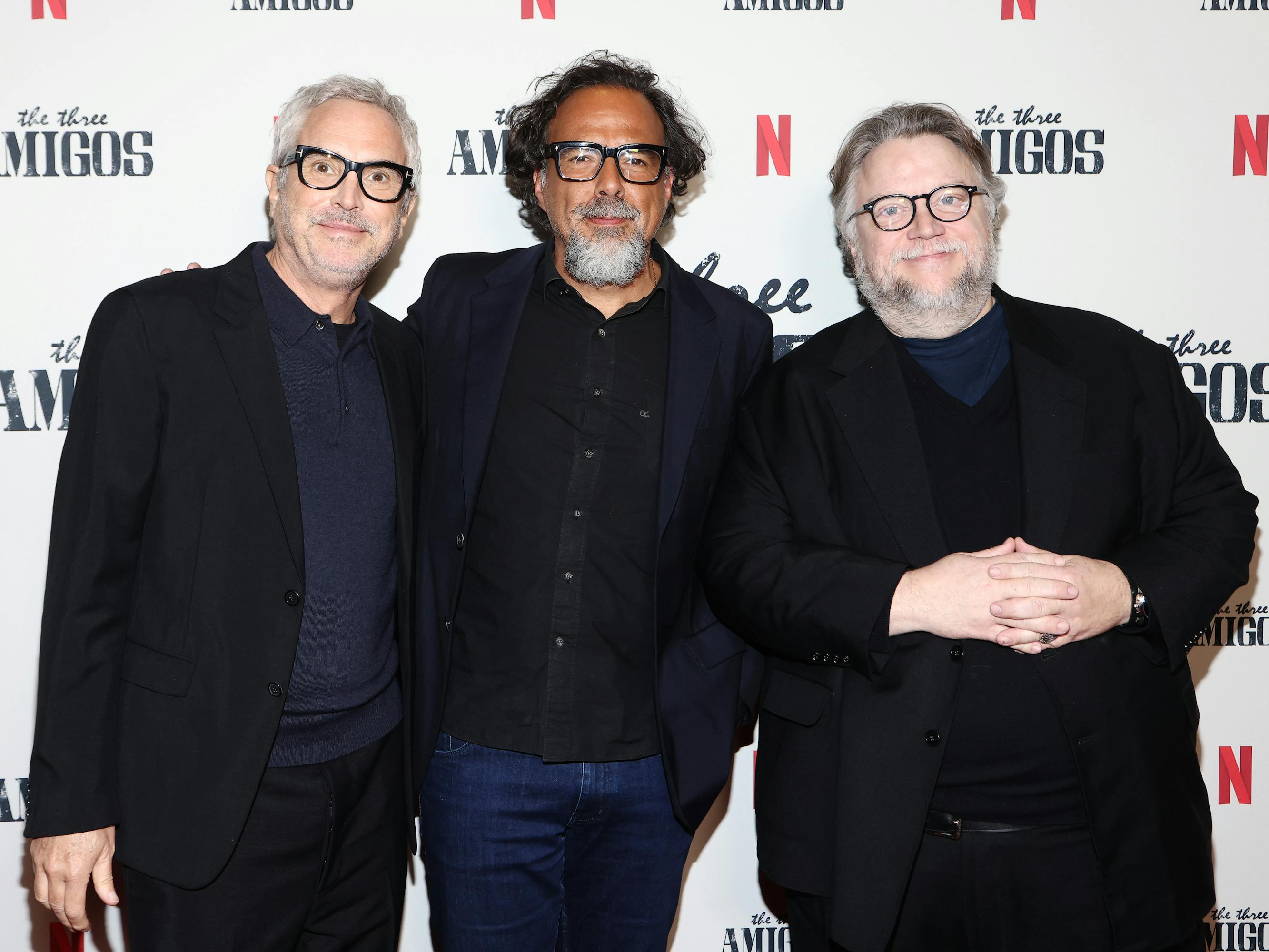
Alfonso Cuarón, Alejandro Iñárritu, and Guillermo del Toro
Guillermo del Toro: You want to talk about where we were 16 years ago when we were first together at the Oscars with Pan’s Labyrinth and with Babel? I was on my first marriage, and my New Year’s resolution was to lose 20 pounds. I gained 200 pounds, and I’m on my second marriage. So it’s extremely important to say: What happened in those 16 years?
Alfonso Cuarón: Well, a lot has happened. Alejandro, in many ways when you did that film, Babel, it was the end of a search for a certain kind of language in cinema, before you made a transition and you decided to go back and shoot something in Spanish, to do Biutiful. At that time, you had done Amores perros, of course, and then you did 21 Grams, and then [Babel] continued to explore the cryptic format, but on this ambitious kind of canvas. At that time, how did you feel as a filmmaker?
Alejandro González Iñárritu: It was a paradox moment in a way that the film got attention and nominations, but deep inside me, I knew that it was the end of the story. I didn’t have one clue about what to do next and what I wanted, but I knew that it was the end of that language or that format. In that moment, artistically, that’s what was going on inside of me.
Cuarón: Guillermo, with Pan’s Labyrinth, you got the security to [bring together] all the elements and all the learning that you had achieved with all the ambitions that you had to convey cinematically, all the different themes that you wanted to convey. I remember the first time that you told me this story.
Del Toro: We were at your house, and you were having chicken soup. I said, “Let me tell you the movie from beginning to end.” And when it ended, we were crying.
Iñárritu: [With] that film, you [went] to Spain, [did] a film in Spanish — it’s funny that in order to move forward, we have to go back. For me, I went to do a film in Spanish. Not in Mexico, but in Spain. So, I went back to something that I needed from my roots in order to move forward. Roma, in order for you to move forward with what you have been doing, you had to go to your past and to your roots. That’s a very interesting kind of similar path, right?
Cuarón: There’s a theme that threads throughout all your films: death, metaphorical or literal death. Sometimes it’s a literal death or the closeness to that death that in most cases is combined with the end of the journey of a character. Where do you think that comes from?
Iñárritu: I think it comes from a very primal fear and consciousness that we all share. No matter what race, nationality, or political belief, we all will die. Ever since I was a kid, I was always thinking, we all will be gone. For me, [it’s important] to have the opportunity to imagine your own death, and to imagine how you can make it not morbid but a little bit profound . . . I think that when we confront weakness or fragility is when our biggest character [traits] or flaws come out. From the stadium of life, you can see clearer, evolve a much broader [perspective] to talk about love, to talk about time, to talk about art, and fatherhood, and loss. All those things suddenly come out in a much more pristine and powerful way.
Cuarón: Something that your films also have in common is how deeply autobiographical all of them are. They’re expressing specific moments in your lives. For me, what makes your films so powerful is that they’re so infused with emotion and experience.
Iñárritu: If you are a filmmaker or a musician or a writer, whatever you put out there is going to be an X-ray of your emotional state. Your circumstances will be expressed there. Even if you deny them or you want to suppress them, that suppression will come out — “I was so suppressed and I was so disoriented” or “I was so lost.” I don’t always want to see things that I don’t want to remember. Those films represent a [specific] time in life . . . emotionally, they have some intensity that sometimes I don’t recognize.
Del Toro: Everything he says is intense. When Alejandro talks about making guacamole, he says, “And then you take the avocado, and you slice it, and then the lemon gives you his life. And then you chop the onions. An avocado is born.”
Cuarón: Guillermo, everybody knows about your love for the genre and how committed you have been to it in different shapes and forms — going sometimes more into science fiction, sometimes more fantasy, noir, but always very deeply rooted there. Nevertheless, same as Alejandro, there are themes that run throughout your filmography. Which ones do you recognize?
Del Toro: I recognize two. One of them is the virtue of disobedience, which is vital. To be disobedient is to be a thinking person. The other one is the absolute inalienable right to be fucked up, to be imperfect, which I defend. Imperfection is one of the most beautiful things. Fallibility, imperfection. And that’s why I think those themes are very well represented in the [idea of the] monster, or in the fear of death. Like Alejandro, I’ve been thinking about dying since I was seven. I’ve been a death groupie because I think it makes life make sense. I really believe that. You said to me one day, “You’re very Catholic. Everybody in your movies dies to be happy.” I don’t think you were wrong about that. I’m a lapsed Catholic, but a Catholic. I think it’s a mythology that is built in my bones.
Cuarón: Well, the thing you [are most often associated with] because it’s very obvious is “the monster.”
Del Toro: We’re all monsters. The most ironic fucking thing we invented is “nice.” The tyranny of “nice” chokes me. We are all complex people. We are all paradoxical people. At 9:00 a.m., you’re a saint; 9:30, you’re an asshole; 10:30, you’re a great father; 11:45, you’re a bad son. You should be every color in the rainbow. You shouldn’t be black or white. The monster is that. Imperfection is beautiful.
Iñárritu: I have bad news for you. You are very nice, Guillermo.
To me, the most beautiful thing I’ve ever written is the final line, 'What happens happens, and then we’re gone.' It’s the essence of the one thing I’ve learned in 58 years — this little time we have for each other that is important.
Guillermo del Toro
Cuarón: It’s a curse. He hates to be nice, but he’s super nice. That’s your punishment. So, talking about different periods of transition that we have in our films that I’m sure very likely coincide with our lives, Alejandro, there was a big switch after Biutiful. With Birdman, you start becoming more, not only instinctual, [but also] not caring so much about trying to give a direct explanation of what [the movie] was about or what one thing represents. In BARDO, you just took that all the way. It’s very courageous because as filmmakers, we are always a bit concerned about having a safety net, some kind of traditional story that falls in three acts.
Iñárritu: This is a very unique film that demanded from me much more than any other one because it came from a very introspective thing. I could not have made this film five years ago or 10 years ago because, in a way, all these things come from very deep, personal experiences. My wife, Maria, [and I], we lost our second son, Luciano, right after he was born. Then we had our [third] son, Eliseo, which was beautiful. Fortunately, he lived [even though he had] something that was similar to his brother, the same disease. Eleven months after [Luciano], we went through a very traumatic one month in intensive care with [Eliseo] in a life-and-death situation. So in one year, we were dealing with the possible death of these two human beings that we love more than anything.
There’s a moment after time, after therapy, after all the pain, that you start to process. Time allows you to start thinking about those moments in another way, and even humor can be allowed. But for that to happen, you need a lot of maturity. You need a love to work on deeply and suddenly understand that those kinds of things, life and death, are out of your hands. Suddenly, I felt the need to surrender to all the things that I was kind of protecting, to let it go. Art exists because life is fucked up for all of us. It’s not perfect. It’s not enough. And poetry, music, art allow us to get something out of pain and liberate pain in a way. This film is an allegory of my own life, a fictional way for me to liberate a lot of things — shame, pain, doubt, fear. That’s why movies exist for me. It’s a cathartic thing. And humor is key because without humor, I would not survive that.
Del Toro: Pinocchio comes from the same [deeply emotional places] . . . What occupies your mind the most after 40 is fatherhood and being a son and learning that your father didn’t know he was a father. He was just a guy. You cannot understand that you are a father to someone, and you’re a shadow in their lives. I tried to make sense of that, and to put things [in the film] that hurt and are beautiful. To me, the most beautiful thing I’ve ever written is the final line, “What happens happens, and then we’re gone.” It’s the essence of the one thing I’ve learned in 58 years — this little time we have for each other that is important. I lost my dad after The Shape of Water and my mom right before Pinocchio opened, and I was able to see them as people, as neither saints nor devils. When I came up with the idea of Pinocchio having a dialogue with Death, that was when the movie appeared for me. I thought, It’s about that.
Cuarón: Both films [talk about] not only how things are transient, but also the need of fathers to infuse their sons with their own fears and with their own insecurities, trying to mold who the child is going to be.
Del Toro: Well, the child is already a miracle. This is the thing. There’s a guy that prays for a miracle, gets a miracle, and doesn’t recognize it, which is what happens to every one of us, every moment of our lives. Miracles come in horrible shapes, imperfect shapes. This is the only Pinocchio movie that I know: It’s not Pinocchio learning to be a real boy, but Geppetto learning to be a real father. And that was very important for me.
Iñárritu: One of the most moving things in your movie is that it’s handmade. The craftsmanship that is there, it feels like it’s from another period when films were done not with C.G.I. and shit like that, [but with] human fingers. It’s a craft that is human as hell. And the other thing is the decision you made to leave Pinocchio as a piece of wood.
Del Toro: Naked and unfinished.
Iñárritu: That was a very brave decision because with that decision, you said it all. That piece of wood becomes more and more endearing, and at the end you are completely moved with no need for makeup.
Del Toro: The movie took more than 15 years to get made, ultimately. Everybody passed on this movie. Everybody said no. And part of the conversation was that I said, “I’m not making a movie for kids, but kids can watch it.” Very different.
We just have to have courage. The courage to be ready to be disliked and to say the things that we need to say the way we want to say them, with no fear of rejection.
Alejandro González Iñárritu
Cuarón: You’re a very bad salesman.
Del Toro: Very bad. My dad had a car dealership, and I didn’t sell a single fucking car. Because [customers] would say, “Is this a good car?” I [would] go, “Eh, no.” Same thing here. I would say, “This is a movie that I want to live next to The Devil’s Backbone and Pan’s Labyrinth.” That’s the movie I want to make. And that I’m not making it for kids doesn’t mean kids cannot watch it.
Iñárritu: Nobody wanted to make [BARDO]. I went to the usual suspects. You think that because you have some awards and some Oscars, you will get the green light. The bad news is that that doesn’t exist for me. This film was rejected for two years, and nobody wanted to do it.
Del Toro: And that’s a good sign.
Iñárritu: Exactly. It’s a good sign because that [means] you are doing something that is not easy. Birdman was something that was rejected for two years until some brave people [agreed to] do it. I was lucky to really have Netflix to give me the support, the budget, and the freedom to make the film that I wanted to do in Spanish with no international film stars. All the challenges that you hit, I think it makes the film better — because the more time that I spent trying to get the money, that was time I [spent] writing and polishing the script. My anxiousness to do it was bigger. So when I arrived to do it, I was more hungry in a way. Maybe if I would have gotten the money immediately, it would not be as good . . . We just have to have courage. The courage to be ready to be disliked and to say the things that we need to say the way we want to say them, with no fear of rejection. Rejection actually can be something very positive.
Del Toro: I like rejection. It’s a stimulant.
